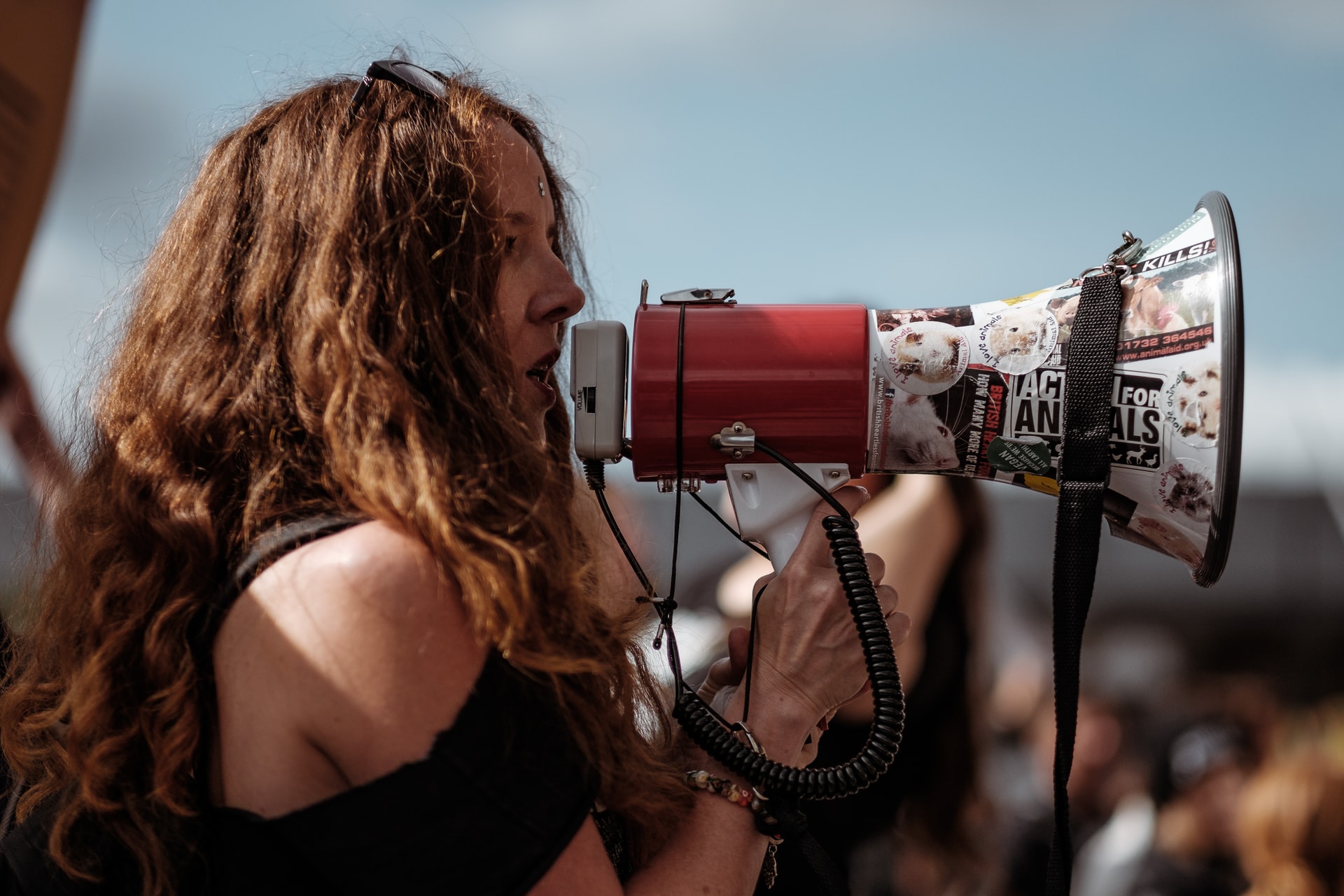I am a pain in the ass to shop for. When I was a kid, I had some very… unrealistic rules about the way my clothes fit: no tags, no stitching, no dry-fit, no velvet, no microfiber, and nothing clinging to my skin. My mom would find clothes that fit these requirements, but I couldn’t get past trying them on because the sales tag was still attached. We had to get creative, so we started buying clothes with tags and cutting them out. If there was a stitched pattern, it had to have fabric on the inside of the shirt or dress so the stitches wouldn’t rub against my stomach or chest. For years, I would only wear leggings because I hated how denim felt on my legs.
That’s one of the many reasons it came as no surprise when the papers came in the mail two weeks after testing with a diagnosis: Autism Spectrum Disorder. It was a catch-all – the one explanation I needed for my hyperlexia, hypersensitivity, advanced critical thinking, abnormal social interactions, and so many other things I can’t even name off the top of my head. Most of them good.
While the diagnosis did not come as a surprise, the commercial telling me I would ruin my parents’ marriage, be responsible for their financial despair, be an embarrassment to myself and others, and be lonely for the rest of my life did. This commercial was run by Autism Speaks, a controversial organization that everyone loves except actual autistic people. Their flaws run long and deep, beginning at the puzzle piece and ending at the lack of autistic people on their board.
The puzzle piece was originally used by the United Kingdom’s National Autistic Society, depicting a distraught child. The symbolism was supposed to represent the burden autistic people are on themselves and others, and I don’t believe I need to explain why that’s a problem. However, Autism Speaks continues to use the puzzle piece (filled in with blue), knowing its toxic origins.
Research on autistic traits used to be, and for the most part is still, limited to young boys. Autistic traits observed in boys and men are very different from those seen in girls and women but, because the research skews in favor of male traits, they’re significantly more likely to receive an early diagnosis and subsequent accommodations in school. The diagnosis gap between young boys versus young and adult women is not negligible, but often goes unnoticed. Autism Speaks fails to acknowledge the reason for this gap in their statistics page.
Oh, but the warped data doesn’t end at those statistics in particular; they bleed through into the organization’s unnervingly disproportionate budget. They distribute “Family Service” grants that go toward autistic people and their families for necessities, which sounds like a good idea, until you consider that they spent 20x more on fundraising than on those particular grants. Only 1% of their budget goes towards establishing such assistance, compared to the 48% used for lobbying and “awareness,” and 4% that they can’t even designate to specific purposes. The cherry on top would have to be the 27% used for researching ways to eradicate my disability, including prenatal screenings to identify autism in fetuses in order to terminate a pregnancy before the child is born.
There are many other technicalities that I could address but the lack of autistic people in their organization seems the most pressing. As of April 2021, only zero out of 24 board members were actually autistic. Don’t worry though! According to Autism Speaks themselves, a board member by the name of Darren Goode is actually the parent of an autistic child. So, they have 24 board members speaking on behalf of a community they have no right to claim part in, and (at least) one speaking over his own child – lovely!
A common misconception about autistic people is that none of us use verbal communication. I’m here to prove you… terribly, terribly wrong. Not only do I communicate verbally, I do so loudly and clearly, sometimes in situations where such enthusiasm is not appropriate. Have patience, folks, I’m learning. However, this is something I have in common with many of my autistic peers: not only do we speak, we have things to say.
A concerning amount of non-autistic people are perfectly content with the parent as a replacement for autistic people on the board, and let me explain why that’s an issue. An organization that claims to be an advocate for a group should be taking input from at least one member of that group, particularly on what they should be advocating for. Autism Speaks heard our complaints and listened! Kind of. They hired an autistic board member in the late 2000s, and promptly ignored anything he had to say. They’ll listen to Darren Goode, however, with no questions asked.
People only hold the space to speak on their own experiences; it is not acceptable for an autistic child to speak on the experiences of being a parent of an autistic child, on the same token that it is not acceptable for the parent of an autistic child to speak on the experiences of being autistic. The latter is somehow justified though, by people who say that “they’re only speaking on behalf of their child, because their child can’t speak for themselves,” which is a seemingly logical argument, right? It might be, if less than an estimated 70% of autistic people could speak for themselves. As previously mentioned, autistic people have things to say, and ironically, Autism Speaks doesn’t give us the space to say it.
On that note, my final observation is this: for an organization named Autism Speaks, they sure as hell don’t have any autistic people speaking.
Image credit: Clem Onojeghuo

